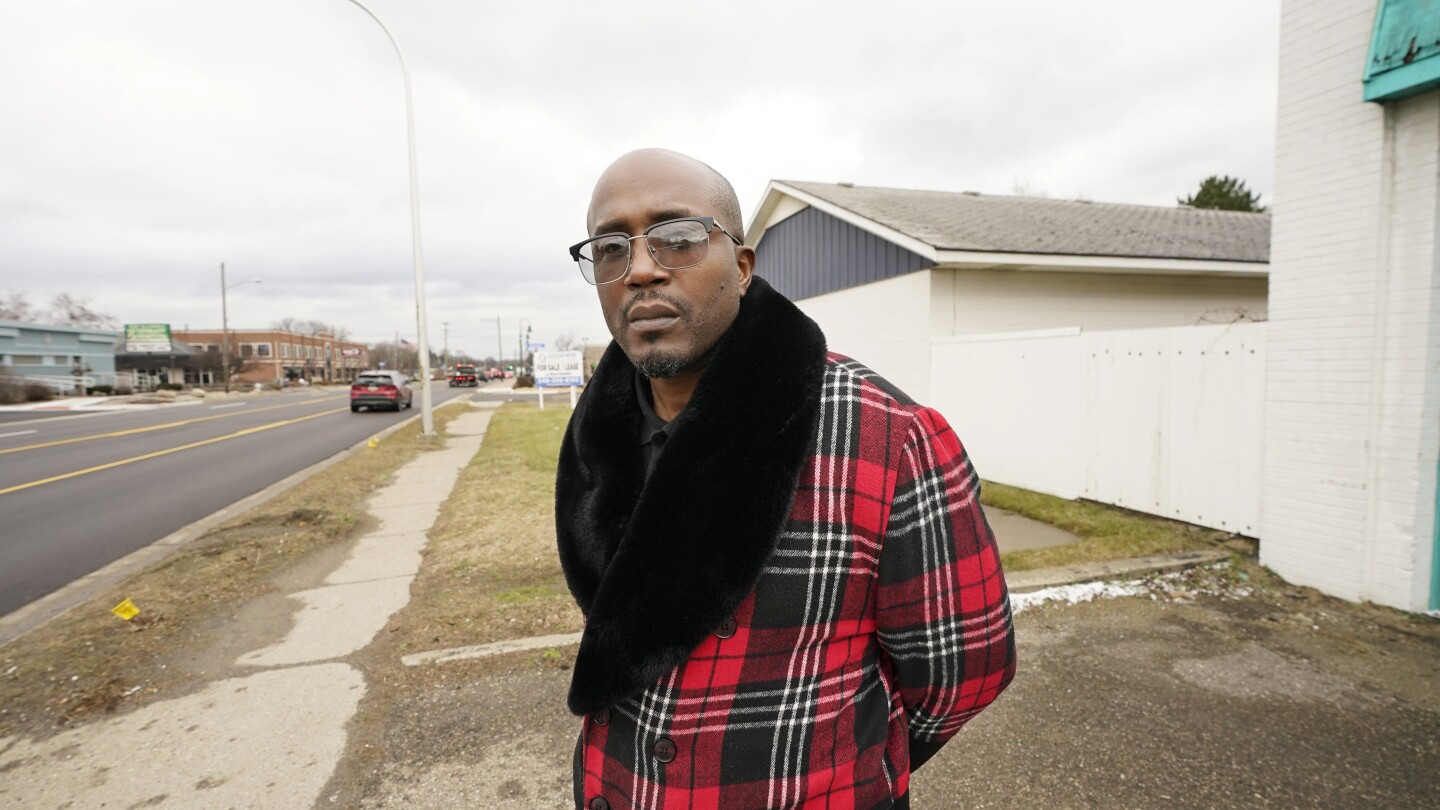A Black man who was detained by police during an early morning walk in a quiet community northwest of Detroit says the white officer who threw him against a squad car, cuffed him and accused him of planning to break into a car also told a significant lie.
Brian Chaney says he asked for a supervisor during his arrest in Keego Harbor, Michigan, and Police Officer Richard Lindquist told him that another officer present was in charge. The problem: That second officer was not a supervisor or even a member of the Keego Harbor Police Department.
Lindquist was never disciplined and his chief says that while a suspect has the right to request a supervisor, what the officer did was OK.
“An officer can lie in the field when he’s not under oath,” Keego Harbor Police Chief John Fitzgerald said in a deposition in Chaney’s $10 million wrongful detention lawsuit.
…
“We need police we can trust,” Craven said. “We need to start envisioning a police force that’s built with integrity at the center.”
Several recent cases underscore that need.
In May, a Washington, D.C., police officer was arrested on charges that he obstructed an investigation and lied about leaking confidential information to Proud Boys extremist group leader Enrique Tarrio.
A white police officer and union leader in Portland, Oregon, was fired in 2022 for leaking a false report from a 911 caller who claimed a Black city commissioner had been involved in a hit-and-run. The department later reinstated him.
A former officer in Louisville, Kentucky, admitted in court that she and another officer falsified information in a search warrant that led to the 2020 fatal police shooting of Breonna Taylor, a Black woman.
Police are allowed to use deception and present false evidence during interrogations and investigations to get suspects to admit guilt, according to a 1969 U.S. Supreme Court ruling.
New York State has considered legislation that would ban police from lying to suspects during interrogations, while Illinois,Colorado and Oregon prohibit police from lying when interrogating juveniles.



Sounds like your right is only the request.
I can’t wait until this dystopia devolves a little further and you’re only afforded the right to ask for one phone call, but the cops can still give you any object in the room and tell you it’s a phone. And be careful because if you take hold of the fake phone, the cops aren’t required to give you a real phone, so you’ll forfeit your phone call, your lawyer, and go straight to solitary confinement.
Hands prisoner a fake phone “He’s got a gun!”